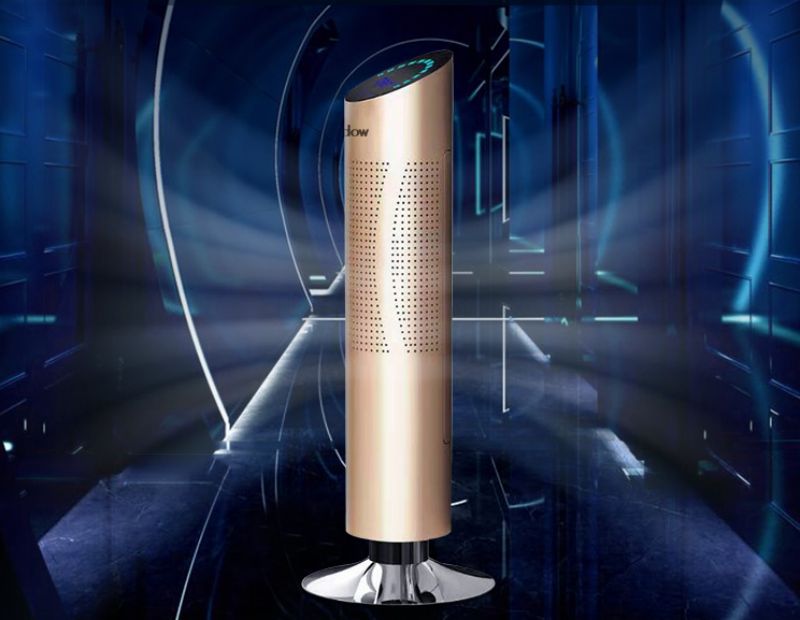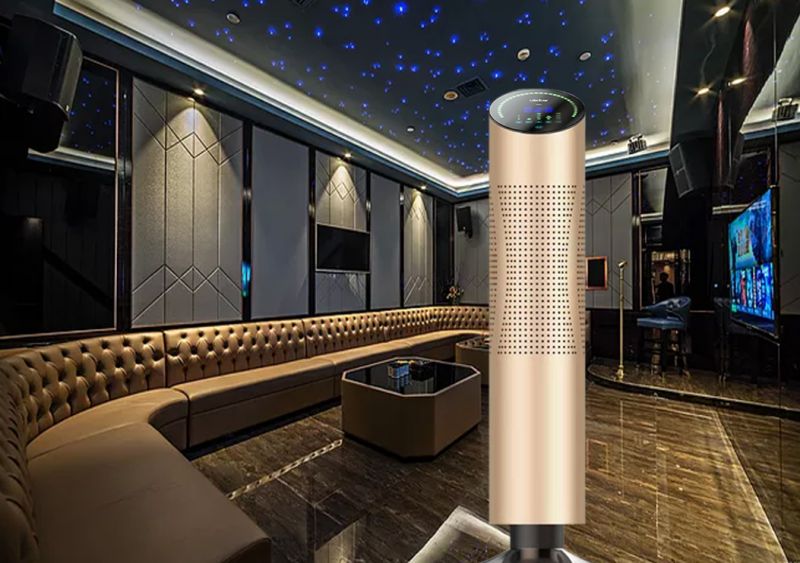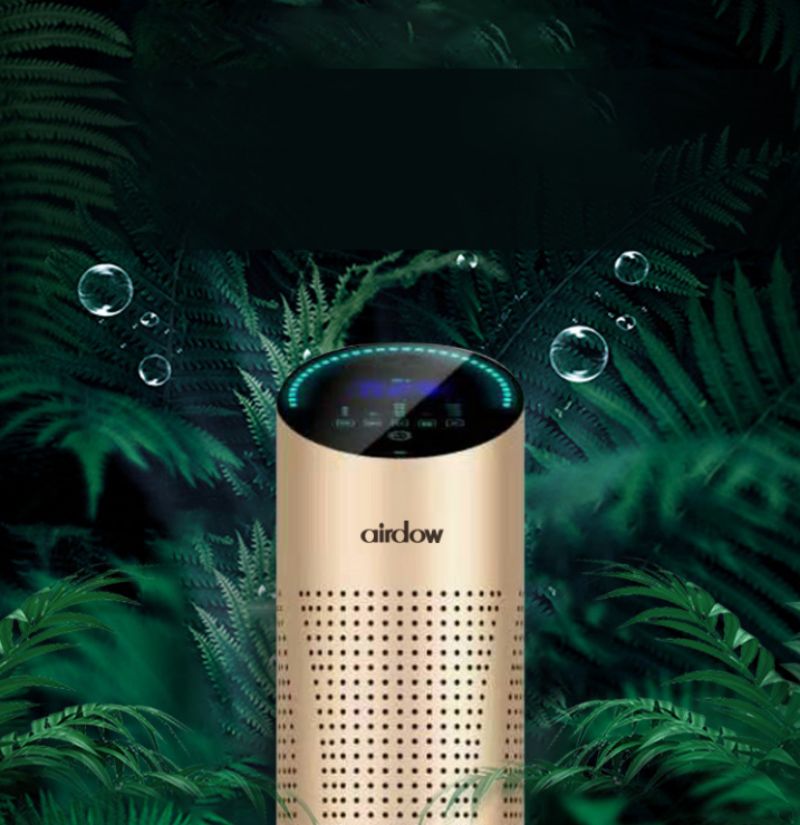Disadvantages of Air Purifiers with Humidification Function
Air purifiers and humidifiers are valuable appliances that can improve the quality of the air we breathe. When combined into one device, they can conveniently address multiple air quality issues simultaneously. While air purifiers with humidification may seem like a practical solution, they do have quite a few drawbacks. In this article, we will explore some of these disadvantages.
First, air purifiers with humidification capabilities tend to be expensive. Combining two technologies into one device inevitably results in a higher price. If you’re on a budget, investing in a separate air purifier and humidifier may be a more affordable option. In addition, maintenance costs for these devices can also be higher. Filters need to be replaced regularly, and additional chemicals or cleaners may be needed to properly maintain your humidifier. These costs should be considered before purchasing an air purifier with humidification.
Additionally, the effectiveness of the humidification feature in such devices may be limited. Air purifiers primarily focus on eliminating pollutants such as dust, allergens, and odors, while humidifiers increase humidity in the air. However, the combination of these features may compromise their individual efficiency. For example, air purifiers with humidification capabilities typically have smaller water reservoirs than stand-alone humidifiers. This means that humidification capabilities may not be sufficient for larger spaces or spaces with higher humidity requirements. It’s important to evaluate your specific needs and consider whether a dual-function device can effectively meet those needs.
Another disadvantage of air purifiers with humidification capabilities is the potential for bacterial growth. Generally speaking, humidifiers can become a breeding ground for bacteria and mold if not properly cleaned and maintained. When a humidifier is integrated into an air purifier, the risk of contamination increases as the water reservoir is often located close to the air filtration system. This can cause harmful microorganisms to spread into the air, potentially causing respiratory problems in sensitive people. A regular, meticulous cleaning routine is crucial to minimizing this risk, but it requires extra effort and time on the part of the user.
Finally, air purifiers with humidification capabilities often have limited features and customization options. Standalone air purifiers and humidifiers offer a variety of settings and controls, allowing you to tailor the device’s performance to your specific preferences. However, a dual-function device may sacrifice some of these features to accommodate both functions. Therefore, you may not have the same degree of control over air purification or humidity levels as you would with a separate device.
In conclusion, while the concept of combining an air purifier and humidifier into one device seems convenient, there are still some disadvantages that need to be considered. These issues include higher costs and maintenance requirements, as well as potential disadvantages in terms of efficiency, bacterial growth, and limited customization options. Before purchasing an air purifier with humidification, carefully evaluate your needs and weigh the pros and cons to determine if this dual-function device is right for you.


